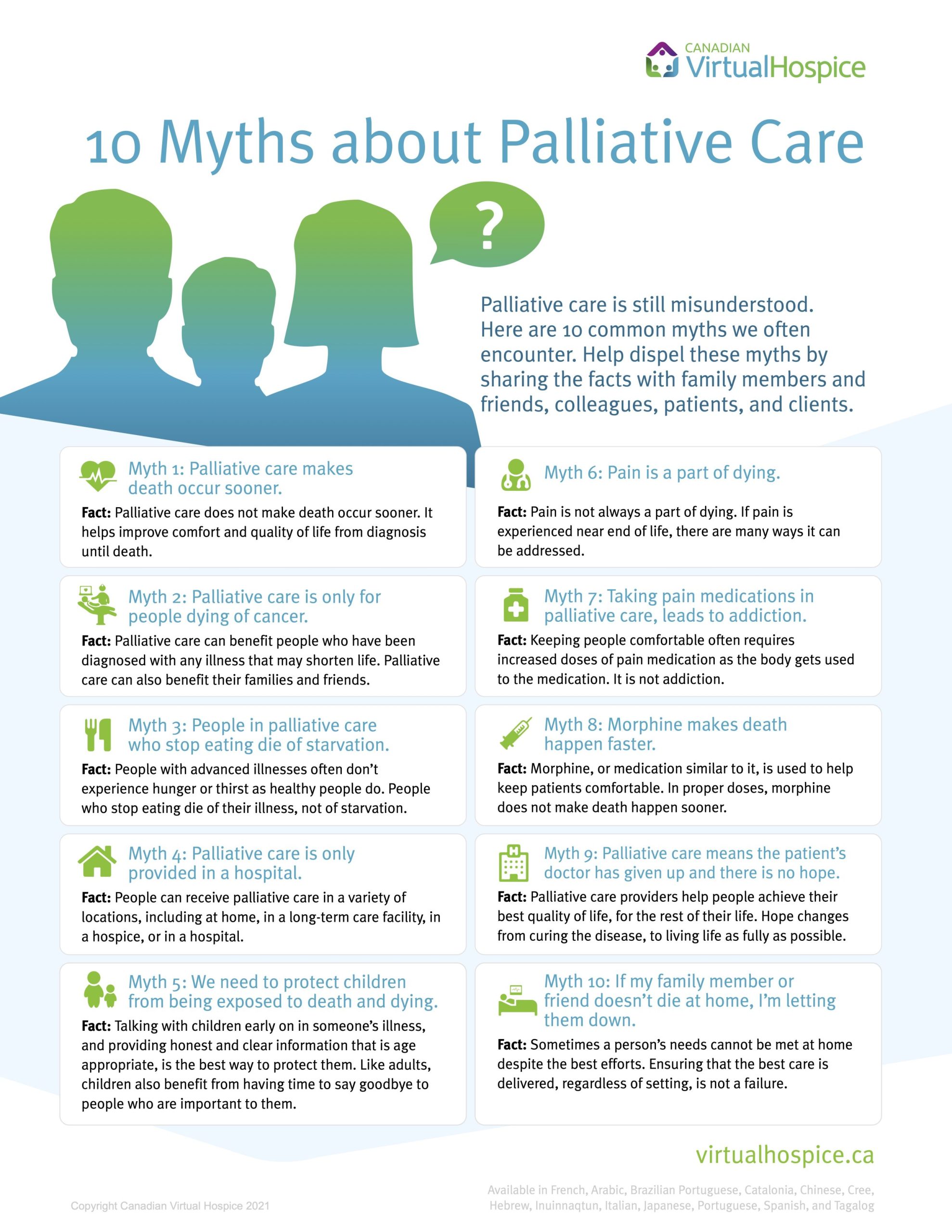
What Education Do You Need to Be a Doctor?
It can take many years to become a doctor. This is because being a physician requires hard work and extensive training. However, it's also a rewarding career that allows you to help others.
A medical practitioner is a health care provider that specializes in diagnosing diseases, prescribing drugs, and taking care of patients. You can find them in many different health care settings including hospitals, clinics, and private practices.
Doctors have to be highly qualified and sharp-minded. Doctors must keep abreast of new discoveries and research that could change the way in which they diagnose their patients.
Communication skills are essential for doctors to be able interact with patients as well as other members of the healthcare team. It is essential for doctors to be able to communicate with patients, both in routine situations and in difficult ones.

Communication and leadership are two of the skills that doctors need to be successful in their careers.
Leadership is being able to motivate and inspire people in order to accomplish their goals. This is especially true in the field of medicine, where physicians are often closely involved with other staff members.
The ability to organize and manage time is also crucial for doctors. It is important that doctors are able to organize their time, prioritize their tasks and keep track of their paperwork.
The education needed to be a doctor includes four years of college, four years of medical school and a few additional years of residency training. A doctor must also pass an examination to be able to practice medicine within the state in which they reside.
During your medical school education, you'll learn about the anatomy of the human body as well as how to diagnose diseases and treat them. You will learn how to perform medical tests and write prescriptions.

There will also be courses to teach you about various parts of your body such as the heart lungs and brain. These courses may be challenging and require high levels of academic achievement, but will prepare you for a medical career.
Physicians continue to learn and improve their skills throughout their careers, in order to offer the best possible treatment to their patient. A physician can also become board-certified for a medical specialty. This will enhance their reputation and help improve patient outcomes.
Over the past few decades, medicine has changed dramatically. Focus has shifted to population-based health, rather than treating each patient individually. Doctors are now responsible to address issues such as poverty, healthcare access and environmental problems which impact on the health of entire community.
FAQ
How can I get free health insurance in my area?
If you are eligible, you can apply for free insurance. You might be eligible if you qualify for Medicaid, Medicare and CHIP.
What role do I play in public health?
Participation in prevention programs can help you and others protect their health. Public health can be improved by reporting injuries and illnesses to health professionals, so that they can prevent further cases.
How can I become a creative professional in the field of health?
There are many pathways to becoming a creative health professional. Many people begin their career as students. Others start out in business or engineering.
Some opt to study a course that focuses on a specific topic, such management, leadership or health policy. Others choose to enroll in an elective course that explores diverse perspectives on health care and health.
No matter what path you choose, you will be learning about topics related to healthcare through lectures, readings group discussions, assignments, projects, and assignments. Other options include workshops, conferences, or seminars.
You will be able to communicate with patients, colleagues, and clients once you've completed the program.
You might even get a doctorate.
How can I ensure my family has access quality health care?
Your state will probably have a department of health that helps ensure everyone has access to affordable health care. Some states also have programs to cover low-income families with children. To find out more about these programs, contact your state's Department of Health.
What about the role of the private sector?
In delivering healthcare, the private sector is vital. For example, it provides some of the equipment used in hospitals.
Some hospital staff are also covered by the program. It makes sense that they should be involved in the management of the system.
However, there are limitations to what they can offer.
It is not always possible for private providers to compete with government services.
They shouldn't attempt to manage the entire system. This could lead to a system that doesn't provide good value for money.
How can our health system be improved?
We can improve our healthcare system by ensuring that everyone has access to high-quality health care, regardless where they live or how much insurance they have.
So that children don't get preventable diseases, like rubella, measles and mumps (MMR), we need to ensure that they all receive the required vaccinations.
It is important that we continue to work for lower costs of health care and ensure that it remains affordable to all.
Statistics
- The health share of the Gross domestic product (GDP) is expected to continue its upward trend, reaching 19.9 percent of GDP by 2025. (en.wikipedia.org)
- About 14 percent of Americans have chronic kidney disease. (rasmussen.edu)
- For instance, Chinese hospital charges tend toward 50% for drugs, another major percentage for equipment, and a small percentage for healthcare professional fees. (en.wikipedia.org)
- Over the first twenty-five years of this transformation, government contributions to healthcare expenditures have dropped from 36% to 15%, with the burden of managing this decrease falling largely on patients. (en.wikipedia.org)
- The healthcare sector is one of the largest and most complex in the U.S. economy, accounting for 18% of gross domestic product (GDP) in 2020.1 (investopedia.com)
External Links
How To
What are the 4 Health Systems?
The healthcare system is complex and includes many organizations, such as hospitals, clinics. pharmaceutical companies. insurance providers. government agencies. public health officials.
The overall goal of this project was to create an infographic for people who want to understand what makes up the US health care system.
These are some of the most important points.
-
Healthcare spending is $2 trillion annually, representing 17% of the GDP. That's almost twice the size of the entire defense budget!
-
Medical inflation reached 6.6% last year, higher than any other consumer category.
-
Americans spend on average 9% of their income for health care.
-
There were more than 300 million Americans without insurance as of 2014.
-
Although the Affordable Care act (ACA) was signed into law, its implementation is still not complete. There are still gaps in coverage.
-
A majority of Americans believe that there should be continued improvement to the ACA.
-
The US spends the most money on healthcare in the world than any other country.
-
Affordable healthcare for all Americans would reduce the cost of healthcare by $2.8 trillion per year.
-
Medicare, Medicaid, or private insurance cover 56%.
-
There are three main reasons people don't get insurance: not being able or able to pay it ($25 billion), not having the time ($16.4 billion) and not knowing about it ($14.7 trillion).
-
HMO (health management organization) and PPO(preferred provider organisation) are the two types of plans.
-
Private insurance covers all services, including doctor, dentist, prescriptions, physical therapy, and many others.
-
The public programs cover outpatient surgery as well as hospitalizations, nursing homes, long term care, hospice, and preventive health care.
-
Medicare is a federal program providing senior citizens health coverage. It covers hospital stays, skilled nursing facilities stays, and home care visits.
-
Medicaid is a joint state-federal program that provides financial assistance to low-income individuals and families who make too much to qualify for other benefits.